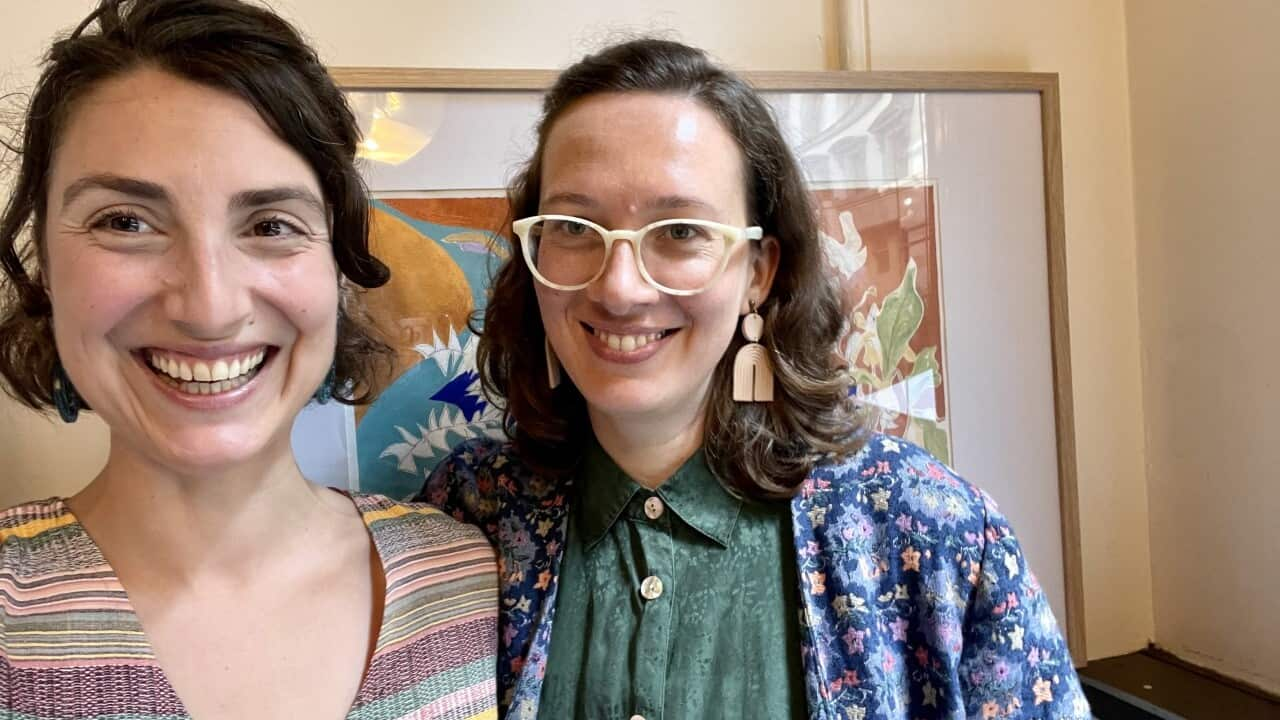‘Hopeful writer, looking for an accountability buddy!’ That was the post in a writers group on Facebook that brought us together.
Perhaps it was the term ‘accountability buddy’, straight from the land of habits guru Gretchen Rubin, that resonated. Or, perhaps both of us needed help and we hoped someone else would say: “Me too.”
Here’s the thing about writing: you have dreams, but you are vulnerable, sitting alone at home, typing to the hum of the fridge. Lonely, your dreams are vulnerable to self-sabotage. An accountability buddy couldn’t hurt. Nervously, we clicked on each other’s profiles and started unpicking our ideas.
Via Messenger we discussed our ‘goals’, without wanting to call them that. We wanted someone to bounce ideas off, to keep each other going when rejection hit, to find homes for our ideas, to come up with better ones; to not give up.
We wanted someone to bounce ideas off, to keep each other going when rejection hit, to find homes for our ideas, to come up with better ones; to not give up.
As we kept messaging, we realised that we had this in common: we didn’t want to give up on a dream.
We wanted to know if writing for a living was actually something we could do.
We wanted to believe we could do this writing thing, and we needed someone else to help fuel a belief in ourselves.
Perhaps talking about it online with an almost-stranger made it truer, easier somehow. It was a clean slate; we didn’t have to surmount any established expectations of trying and failing, any unkept promises to ourselves, any dreams that looked like they’ll stay out of reach. We saw the writer in each other before we saw anyone else; before the mother, the friend, the spouse, the daughter.
We saw the writer in each other before we saw anyone else; before the mother, the friend, the spouse, the daughter.

Antoanela Safca Source: Supplied
That’s the strength of asking someone to hold you accountable: you have to let them into what might be holding you back. That might be easier to type than to say out loud, and it might be easier with a stranger than someone who’s known you for years.
We became close quickly, our dream sharing a shortcut to intimacy. Because we’d both said how much we wanted writing to work. And, because we both helped each other even when we weren’t sure how.
We were tired of rejections so one of us suggested collecting them. We could be rejection-counting buddies and that felt much more fun and light. But, instead, we started to get published.
So rather than counting rejections, we started to talk about why something worked, or didn’t. We ran ideas past each other and we celebrated each other’s wins, looking to the next elevation in the path. We hardly knew each other outside the online messaging, yet, this felt as close as any writing partnership.
So rather than counting rejections, we started to talk about why something worked, or didn’t.
For the first year we only met once, and then in the second year, COVID struck and we met twice. In the third year we went away for a few days and managed a few meals together too. Like an old married couple, we message nearly every day.
Perhaps if we had met offline first, we would have become friends anyway. We both love reading, clothes, and over-analysing things. Then again, we could have easily started on different sides of an argument and given up on each other.
But there was no way we could have met other than online; we live at opposite ends of Melbourne, and when our kids are at daycare, we're both busy working.
Post-lockdown, we took our kids to the Collingwood Children’s Farm. “This is mummy’s writing friend,” we told our children. But as soon as the words slipped out, they felt like a gross understatement.
Because our friendship is about writing, yes, but writing is about so much more. Writing, as we found out, is about everything. It’s about letting the other see through to the unspeakable fears and doubts we hide.
It’s about letting the other see through to the unspeakable fears and doubts we hide.

Fernanda Fain-Binda Source: Supplied
About shamelessly basking in a proud moment, a turn of phrase that feels good, without fear of being perceived as arrogant.
About letting the other person into our dream.
The thing about dreams, is that they can seem ridiculous in the solitude of our doubting minds; and they’re very susceptible to mean inner voices.
We both remember a time when sharing our writing with anybody else was terrifying. But we knew that an external voice is crucial to transitioning from an imaginary writer to a real one. Perhaps our friendship helps that internal voice be a kinder one. When you’re your own boss, you want to be a good one.
It’s hard to imagine where we would be writing-wise without each other.
It’s hard to imagine where we would be writing-wise without each other. It's gone from a dream to a profession, via this gentle, accountability pact we’ve invented. While we both have other friends, groups, and different ways of nurturing the writer inside, it’s within our accountability space that we have found the most trusted writing mirror.
One day, we tried to explain the term ‘accountability buddy’ to the kids.
“I know what that is, mum,” one of them quips. “It’s a friend you can count on.”
A friend you can count on, and who helps you grow.





